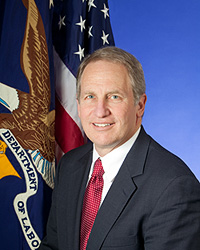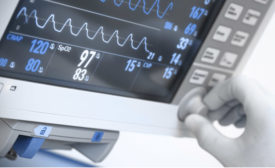News
EPA reg helped reduce arsenic in U.S. drinking water
Study shows federal government plays critical role in protecting human health
October 27, 2017
When your heart skips a beat…it’s not good
Men develop irregular heartbeat earlier than women
October 27, 2017
Never miss the latest news and trends driving the safety industry
eNewsletter | Website | eMagazine
JOIN TODAYCopyright ©2024. All Rights Reserved BNP Media.
Design, CMS, Hosting & Web Development :: ePublishing







